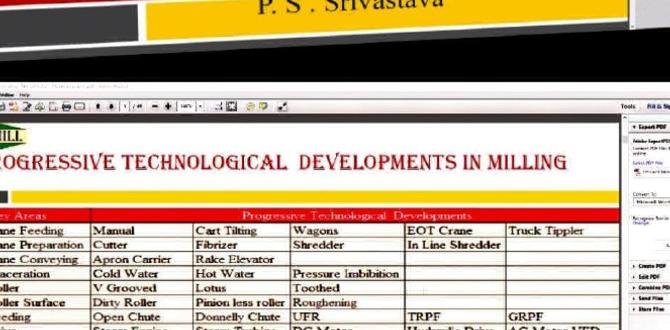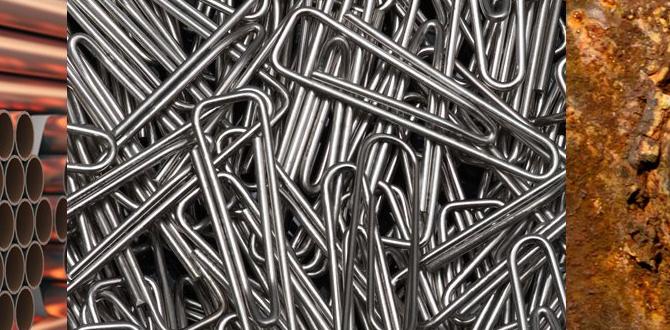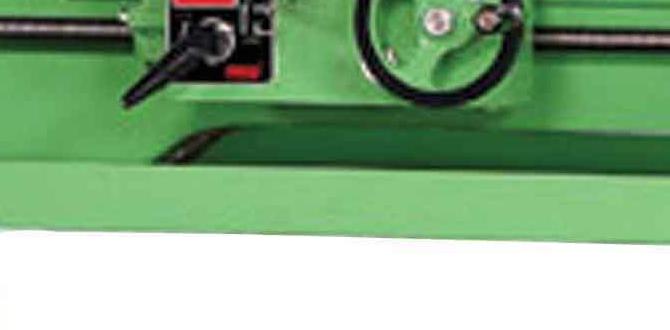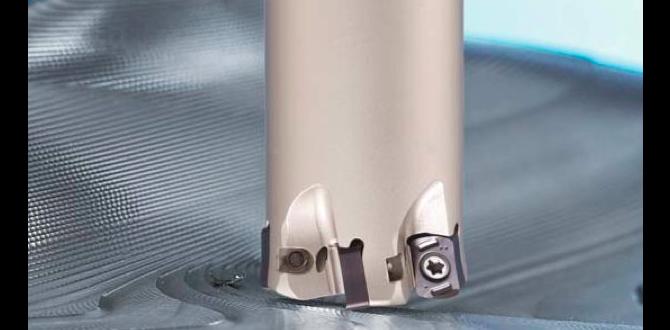Lathe turning is a fundamental technique in the world of woodworking, allowing for the creation of intricate and unique designs on various wooden objects. Whether you are a seasoned woodworker or just beginning to explore this craft, choosing the right wood for your lathe turning projects is crucial for achieving the desired results.
The selection of wood can greatly affect the outcome of your final product, from the texture and colour to the durability and ease of turning. With the wide range of woods available, it can be overwhelming to determine which ones are best suited for lathe turning.
We will delve into the best woods for lathe turning and explore their characteristics so you can make an informed decision for your next woodworking project. But first, let’s dive into what exactly lathe turning is and the different types of lathes available in the market.
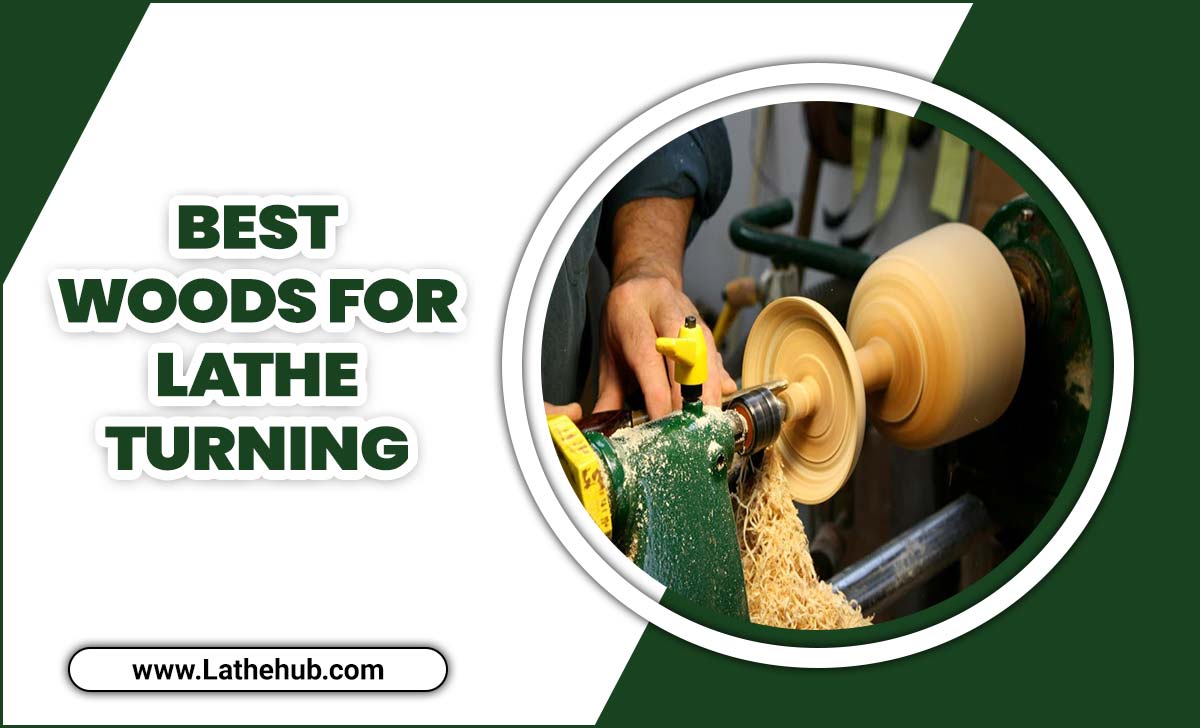
Importance Of Choosing The Right Wood
The choice of wood is important in lathe turning. Different woods behave and react differently during the turning process. The wood’s grain pattern, density, and moisture content significantly impact the final result. Greenwood, for example, is easier to turn but may warp as it dries.
Wet wood can be more challenging due to its increased weight. Harder wood species require more effort but result in a smoother finish. Therefore, understanding these factors and selecting the right wood is essential for successful lathe turning.
Top 8 Best Woods For Lathe Turning
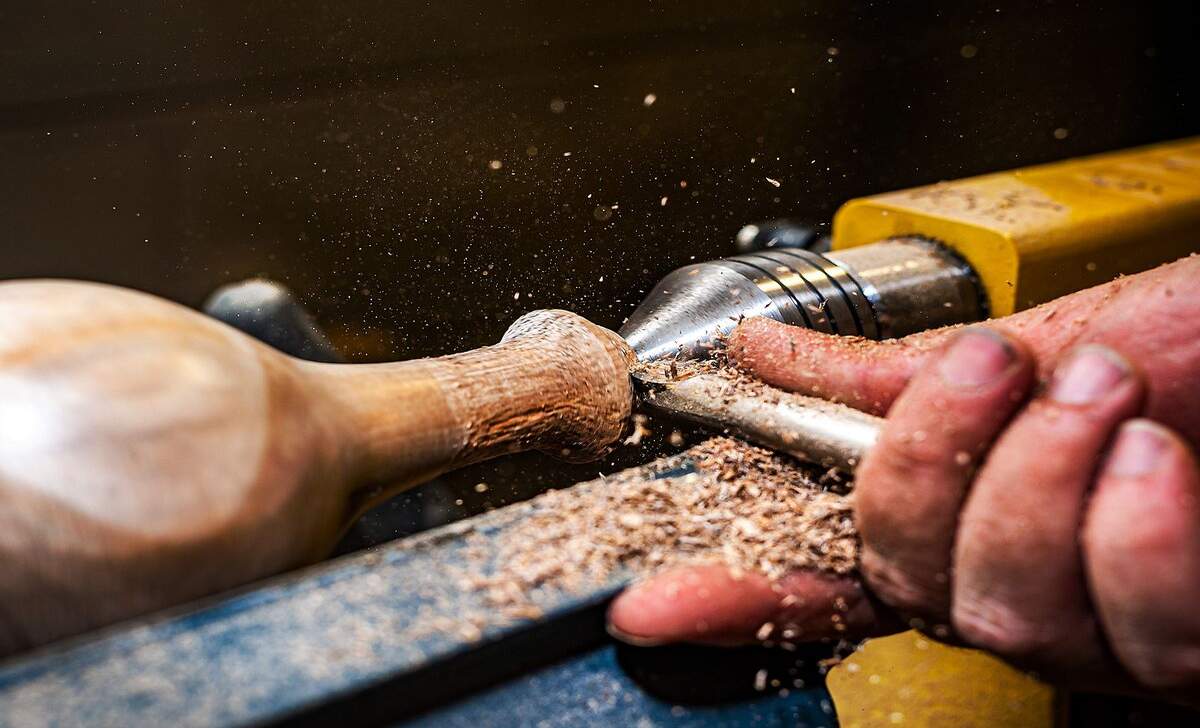
The choice of wood significantly impacts the outcome of the turning process, as different woods possess varying hardness, grain patterns, and workability. Firstly, the hardness of the wood is crucial in determining how well it can be shaped and carved on the lathe. Softer woods like Pine or cedar are more prone to splintering and may not hold intricate details as effectively as harder woods like Maple or Walnut. Here are the 8 best woods for lathe turning.
1.Maple
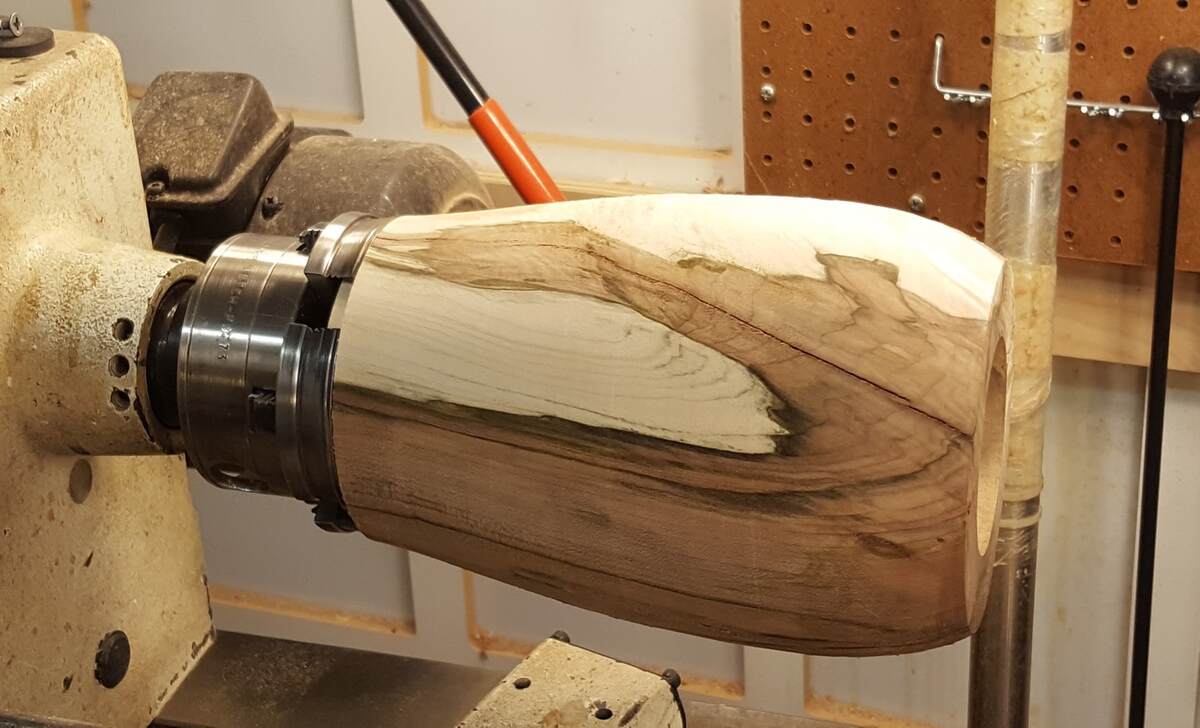
Due to its versatility and durability, Maple is considered one of the best woods for lathe turning. Its smooth and even grain makes it ideal for creating intricate designs and smooth finishes. Wood suppliers often offer various maple options, including different grades and sizes. Tree surgeons play a crucial role in maintaining a sustainable supply of maple trees, ensuring the availability of larger pieces for lathe-turning projects.
- Unique and beautiful grain pattern
- Durable and strong hardwood
- Suitable for furniture and flooring
- Light colour with versatile design options
- Resistant to warping and stable with changes in humidity
2.Cherry
Cherry wood is commonly regarded as one of the top choices for lathe turning. Its rich colour and smooth grain make it ideal for creating beautiful, intricate designs. Cherry wood is aesthetically pleasing and easy to work with due to its dense nature. While it may not be the cheapest type of wood available, its quality and durability make it worth the investment. Other fruit woods like apple and pear can also be used in lathe turning.
- Cherry wood has a distinct reddish-brown colour.
- It has a smooth and satiny texture, making it ideal for furniture and cabinetry.
- Cherry wood has a natural lustre and ages beautifully over time.
- It is known for its durability and ability to resist warping and shrinking.
3.Walnut
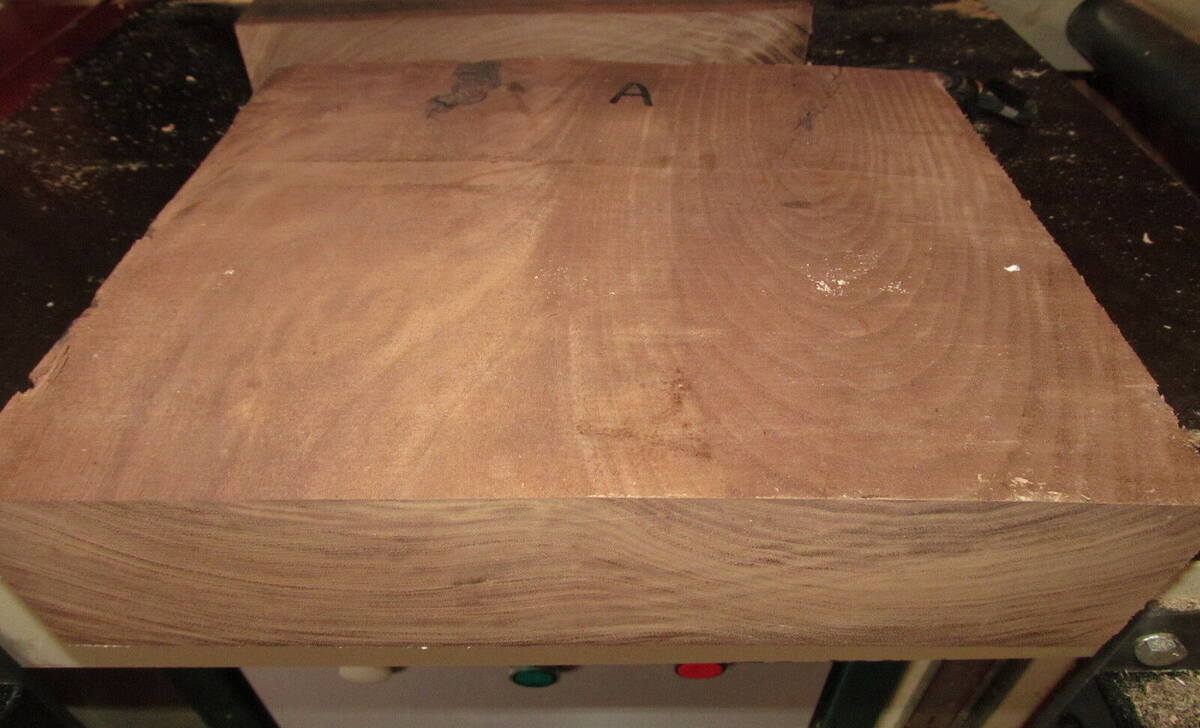
Due to its exceptional qualities, Walnut is considered one of the best woods for lathe turning. Its rich, dark colour and fine grain add elegance to any project. Being a light wood, it is easy to work with and allows for smooth turning. Furthermore, walnuts are readily available, making them a reliable source of wood.
Whether using it naturally or using finishes, Walnut offers versatility and beauty. Its inclusion in the wide variety of woods ensures that craftsmen can access this untreated wood, perfect for creating stunning lathe-turned pieces.
- Rich, dark brown colour with beautiful grain patterns
- Durable and strong, it is ideal for furniture and structural applications
- Naturally resistant to decay and insect damage
- Easy to work with and can be carved, shaped, and polished
4.Oak
Oak is considered one of the best woods for lathe turning due to its durability and beautiful grain. The process becomes smooth and enjoyable when using a lathe tool on Oak. The white wood of Oak allows for intricate designs and detailed craftsmanship.
As the lathe spins, the Oak transforms, revealing a lovely finish that adds elegance to any piece. Whether creating furniture or decorative items, Oak provides a smooth and satisfying turning experience.
- Oak wood is known for its durability and longevity.
- Oak wood has a distinct and attractive grain pattern.
- Oak wood is resistant to insect and fungal infestations.
- Oak wood is easily customizable and can be stained
5.Mahogany
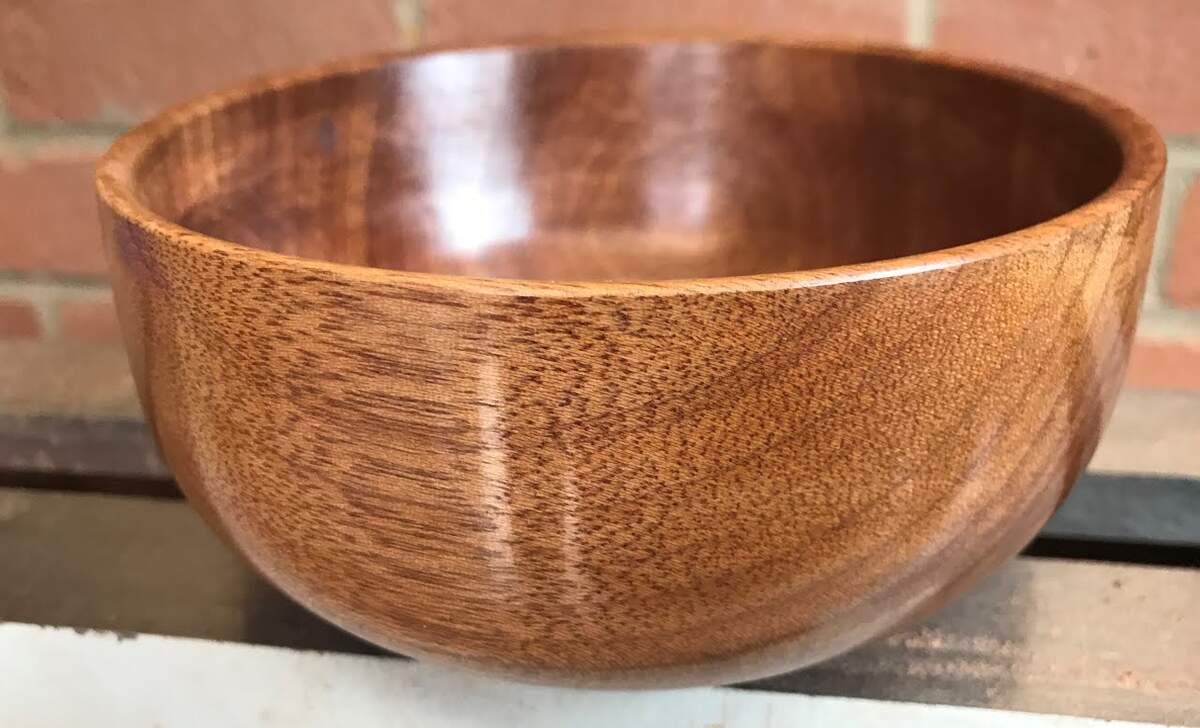
Mahogany is often regarded as one of the finest woods for lathe turning. Its rich, deep colour and fine grain make it a popular choice among woodworkers. However, it is not the only option available. Dry wood, such as beech wood, is another excellent choice for lathe turning, as it is known for its stability and ease of working.
Heavy woods like Oak or Walnut can also provide the necessary weight and durability for larger projects. For those looking for a more affordable option, pallet wood can also be utilized, as it can add a rustic charm to the finished pieces.
- Mahogany wood has a beautiful, rich, reddish-brown colour.
- Its straight grain pattern makes it easy to work with and carve.
- Mahogany wood is highly durable and resistant to rot and decay.
- It has a high natural oil content, which gives it a natural lustre and can protect it from insect damage.
6.Birch
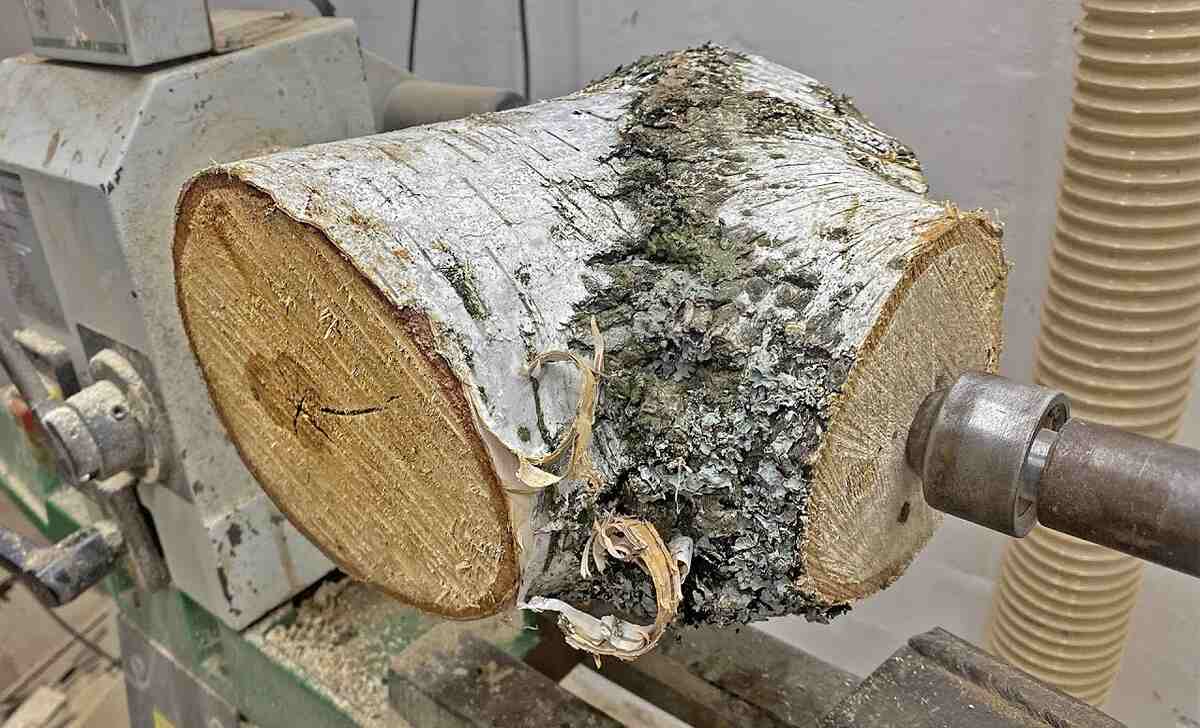
Birch is one of the best woods for lathe turning due to its excellent properties. It is known for its smooth and even texture, making it easy to work with. Birch also possesses good stability and strength, allowing for intricate and detailed designs. Its light colour makes it ideal for staining or painting, allowing turners to create unique, personalized pieces. Birch is a highly versatile and reliable choice for lathe-turning projects.
- Birchwood: light colour, smooth texture
- High strength and durability
- Suitable for furniture, flooring, and construction
- Easy to shape, carve, and polish
- Unique grain pattern for added beauty
7.Beech
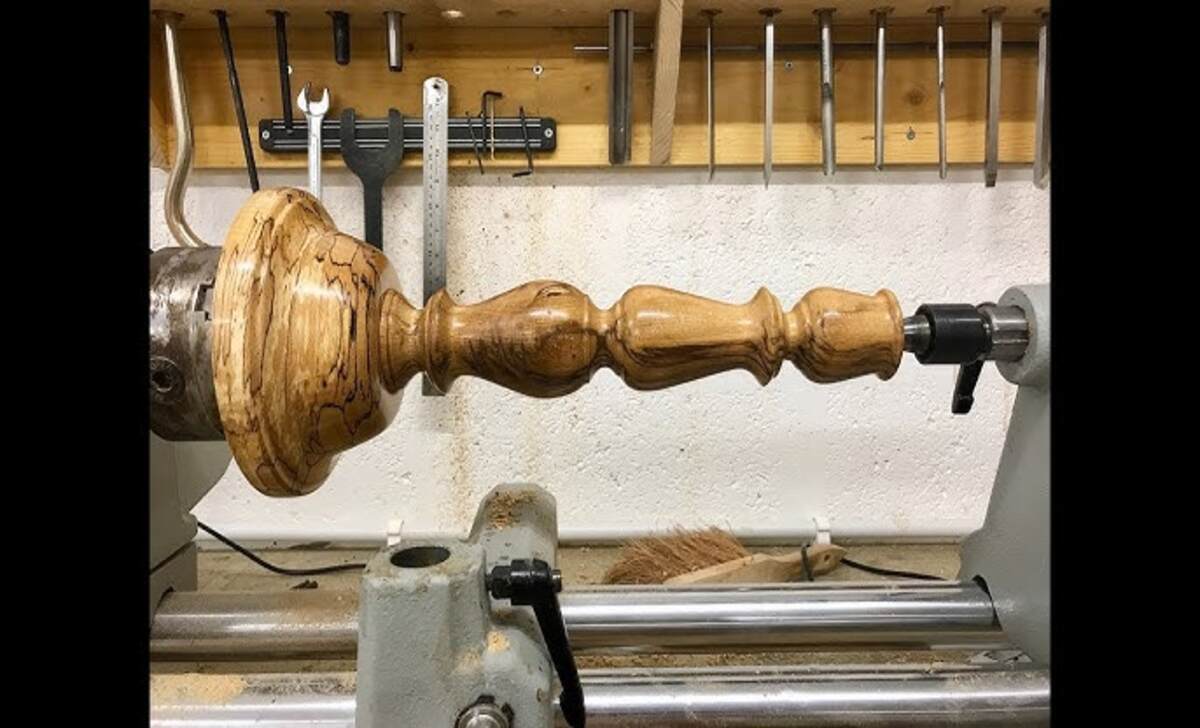
Beech is one of the best woods for lathe turning due to its versatile properties. With its fine and even grain, beech wood allows for smooth and precise shaping on the lathe. It is also popular for its durability and resistance to warping, making it an ideal choice for projects that require stability and longevity.
Additionally, beech wood has a beautiful light colour and subtle grain patterns, adding aesthetic appeal to turned pieces. Whether you’re a beginner or an experienced turner, beech wood is a reliable and popular choice for lathe-turning projects.
- Durable and strong
- Smooth and even grain
- Ideal for furniture and cabinetry
- Resistant to warping and shrinking
- Suitable for outdoor applications
- Light colour with a natural sheen
- Easily stained or finished for different looks
Softwoods Suitable For Lathe Turning
When considering softwoods for lathe turning, various excellent options are available. One of the best choices is Pine, known for its affordability and ease of working. Another great option is cedar, which offers a beautiful aroma and natural insect-repellent properties. Oak is also a popular choice, known for its strength and durability.
Each wood has unique characteristics and advantages, making it suitable for various projects. Projects like bowls and spindles work well for Pine, while cedar is ideal for making items like vases and candle holders. Oak’s sturdy nature is perfect for crafting furniture like table legs and chair spindles. Overall, these softwoods offer versatility and quality, allowing woodturners to create stunning pieces easily.
Hardwoods Suitable For Lathe Turning
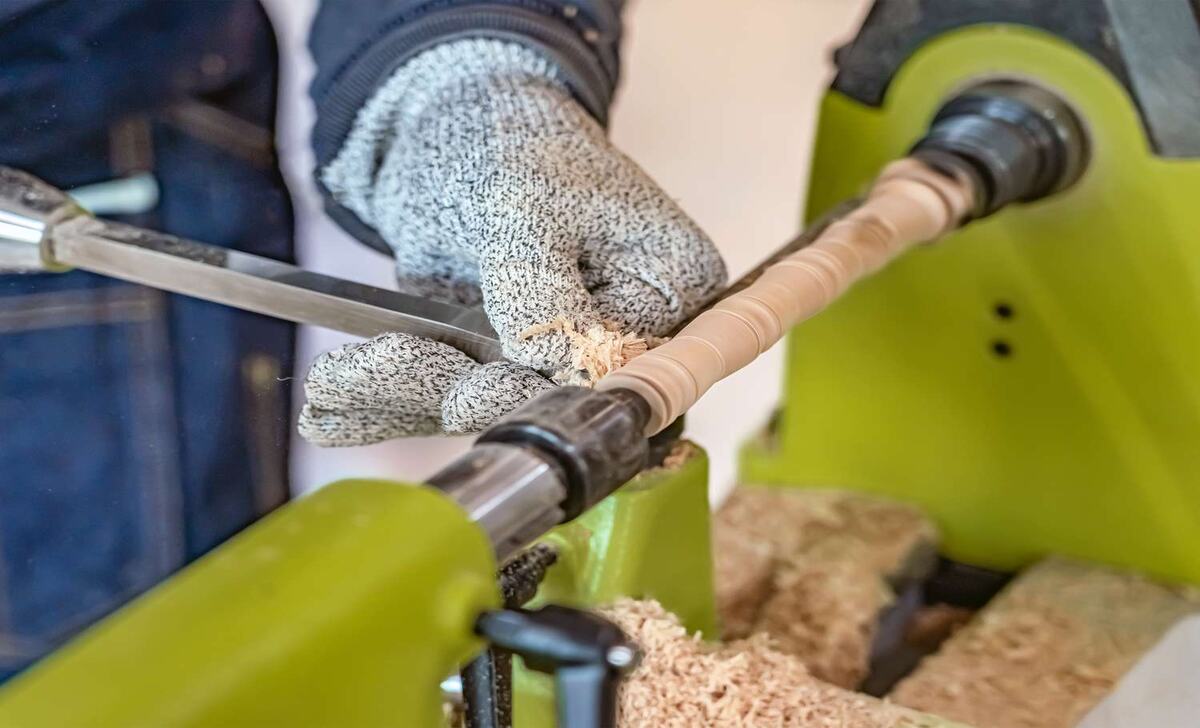
In lathe turning, woodworkers commonly regard several hardwoods as excellent choices. Oak, known for its durability and beautiful grain patterns, is often handy for larger projects like bowls and platters. With its rich colour and smooth texture, Cherry is perfect for smaller items such as pens and bottle stoppers.
Maple, prized for its strength and light colour, is commonly handy for furniture legs and spindles. Each hardwood has unique characteristics and advantages, making them suitable for various lathe-turning projects.
Exotic Woods For Special Projects
Exotic woods offer endless possibilities for special projects, particularly in lathe turning. These rare and unique woods have unparalleled beauty with their distinct grains, colours, and textures. From the rich hues of Brazilian rosewood to the intricate patterns of zebrawood, exotic woods add a touch of elegance to any creation.
Whether it’s a stunning bowl, a finely crafted pen, or an intricately designed vase, these woods showcase their true magnificence in every project, leaving a lasting impression on all who behold them.
Considerations When Choosing Wood For Lathe Turning
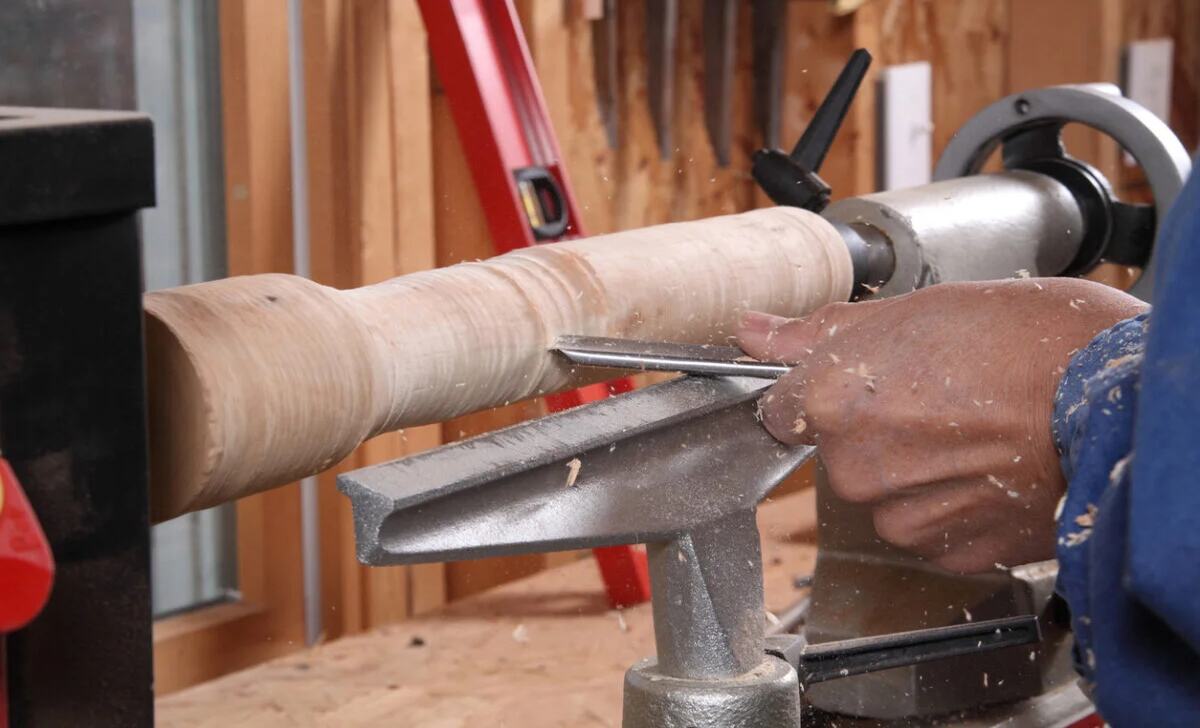
When choosing wood for lathe turning, you must remember several important considerations. Firstly, consider different wood types’ availability, cost, and sustainability. It’s also crucial to think about the specific requirements of your project and the desired outcome. Take the time to source and select the right wood, ensuring it has the appropriate characteristics and qualities for lathe turning.
- Wood type and characteristics
- Check for defects or flaws
- Consider size and shape
- Drying and moisture content
Highlight The Impact Of Wood Grain, Density, And Moisture Content On Lathe Turning
The impact of wood grain, density, and moisture content are crucial in lathe turning. Wood grain plays a crucial role in determining the overall appearance and durability of the turned piece, as it affects the smoothness of the surface and the direction of the fibres.
On the other hand, density influences the ease of cutting and shaping the wood, with softer woods being more forgiving and easier to work with than harder ones. Lastly, moisture content affects the stability and shrinkage of the wood, making it essential to consider for achieving precise and long-lasting turned projects.
Conclusion:
Choosing the right wood for lathe turning is crucial for achieving the best results in your projects. From the durability of the wood to its aesthetics, each type of wood offers unique qualities that can enhance your turning experience. As a professional, it is important to consider each wood type’s specific characteristics and purposes and make informed decisions when selecting your material.
The best wood for lathe turning will depend on personal preference and the project. With proper research and experimentation, woodworkers can find the perfect wood for their lathe-turning needs. You can confidently choose the best woods for your lathe turning projects and create beautiful, high-quality pieces.
FAQ:
1.Is Pine Good For Woodturning?
Pine is a popular choice for wood turning due to its affordability, accessibility, and workability. It is a softwood with a straight grain, making it relatively easy to shape and turn on a lathe.
2.What Is The Hardest Wood To Turn?
The hardest wood to turn is generally considered to be lignum vitae. It is an extremely dense and heavy wood that can be difficult to work with due to its hardness and tendency to dull tools quickly.
3.Why Not Use Pine Wood?
Pine is a softwood, which means it is more prone to dents, scratches, and wear than hardwoods. It also warps or cracks when exposed to moisture or fluctuating humidity levels.
4.Is Walnut Good To Turn?
Yes, Walnut is a good wood for turning. It is popular for its durability, stability, and beautiful grain patterns. Woodturners find walnuts relatively easy to work with and can turn them into various shapes and forms, making them popular.
5.Is Cherry Good For Turning?
Yes, cherry is a good wood for turning. It is popular for its beautiful and rich reddish-brown colour, which can deepen over time with exposure to light. Cherry wood has a fine, straight grain that makes it easy to work with and produces smooth finishes.



